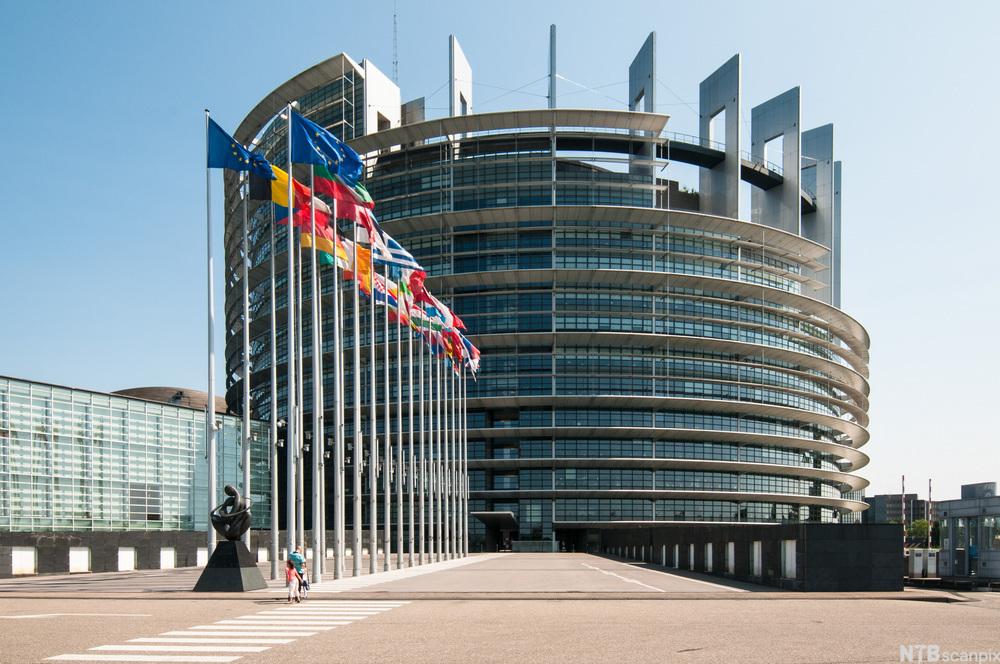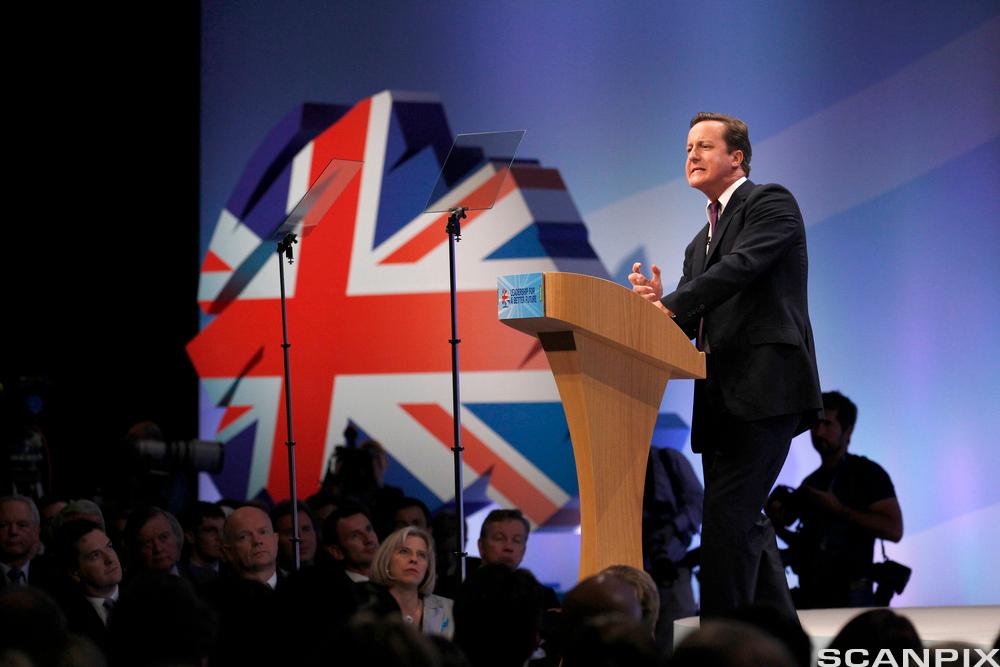The UK and the EU: The Path Towards Brexit

The UK and the EU: The Path Towards Brexit
The UK joined the EU in 1973, but the UK never wholeheartedly embraced membership. There was a tendency to meet new developments in the EU with scepticism. The UK did not sign the Schengen Agreement in 1985, which made it possible to travel between EU countries without passports and border checks. They also opted out from introducing the common currency, the Euro, which was agreed in the Maastricht Treaty in 1992.
There was a tendency in national politics to have a negative view of the EU, and the EU was a convenient scapegoat when unpopular decisions had to be made. Representation in the EU parliament garnered little interest. In the UK, only between 24-39% of those eligible to vote in EU parliament elections did so in the years 1979-2019. In the later years of Britain's EU membership, seats in the EU parliament were targeted by the anti-European party: the UK Independence Party (UKIP). In the 2014 election, UKIP won 24 seats in the European Parliament. This was in spite of the party's inability to gain much representation in national politics – the party won just one seat in the British parliament in the 2015 election.
The global financial crisis in 2007–2008 put increased strain on the UK's relationship with the EU. Especially among Conservatives, there was a belief that the UK would have handled the crisis better, if not restrained by EU rules and regulations. Many were also of the opinion that the Euro had contributed to making the crisis more serious for the EU.
Immigration became a hot-button issue. The EU expanded its borders towards the East, admitting poorer countries such as Poland, Slovakia, and Slovenia in 2004, and Bulgaria and Romania in 2007. These countries have a large labour force that the EU needs. Many immigrants from the EU settled in the UK, transforming neighbourhoods by establishing new shops and restaurants. Immigrant sceptics felt that Britain was losing its identity.
There was also an increase in immigrants coming to Europe from other parts of the world. This reached a head with the migrant crisis in 2015. Many EU sceptics believed that Britain was being pressured by the EU to accept more refugees than was sustainable.
EU sceptics also promoted the view that the UK was paying too much to be part of the EU. It was argued that membership fees could be better spent in the UK, for example to support the National Health Service.
Many, especially on the left, were worried that the EU promotes corporate interests, and prevents radical reform.
Another view was that the EU's democratically elected organs had too little power and that the voters in the member nations did not have enough influence on EU policies. There was also concern that the developments within the EU lead to a more centralised structure with less national control.
More and more people got behind the demand for a referendum regarding whether the UK should stay in the EU. This was talked about as a potential British exit from the EU, Brexit for short.

England saw an increase in nationalism in the years leading up to Brexit. Voters turned to politicians and parties that promoted the view that the EU was holding Britain back. Social media campaigns promoted a negative view of the EU. UKIP was given a lot of media attention, and was able to drive the debate.
The UK's history was often romanticised, and cited as evidence that Britain would do well without the EU. Both Britain's past as an empire and the country's efforts in the world wars were cited as evidence that Britain was fully capable of succeeding without Europe.
It was argued that as one of the world's largest economies Britain would not lack struggle to find new countries to trade and cooperate with if it chose to leave the EU.
The decision to allow a referendum was in the hands of the ruling party, which in 2016 was the Conservative Party. Allowing an EU referendum had been a campaign pledge of theirs in the 2015 election. Though the Labour Party went on record as being against a referendum, there was a lack of agreement on the issue within the party.
There was conflict within the Conservative party, between more moderate voices who wanted to renegotiate the EU deal to gain more advantages for the UK, and the more radical voices who wanted Britain to look for other opportunities. There was also an internal power struggle within the Conservative Party, which may have influenced the decision to allow a referendum.

In the campaign leading up to the referendum, the Leave Campaign dominated the discourse. A combination of social media campaigning, publicity stunts, and easy to understand promises meant that the referendum was not about the merits of belonging to a European trade bloc. Instead focus was placed on the NHS, with the promise that Britain would be able to fund the NHS with the money they would no longer be paying in EU membership. Immigration and granting asylum to refugees had long been hot-button issues in the UK, and a promise was made that Britain would fully govern its own borders if people voted to leave. Another promise made, was that British fishermen would be the only ones to fish in British waters. In addition, it was asserted as self-evident that the EU needed the UK as much as the UK needed the EU, and that there would be no substantive changes in the UK's access to the European market.
The remain campaign struggled to find common ground to build up their support. Prime Minister David Cameron felt that he had negotiated a better deal for Britain, and that the country should remain in the EU. There were many voices among the other parties, especially Labour, that argued that remaining was the sensible solution. Lacking cohesive leadership, the Remain Campaign found it difficult to get attention next to colourful Leave campaigners such as Boris Johnson (Conservatives) and Nigel Farage (UKIP).
The relationship between the EU and the UK was complex. The UK had been a member of the EU for more than 40 years before the referendum was held. There were UK citizens living in the EU, and EU citizens living in the UK. The EU was the most important import and export market for the UK. EU legislation was part of UK law. Businesses had been established that operated both within the UK and within the EU. There was a lot to untangle if the UK were to gain the independence promised by Brexit.
Given that the relationship was so intricate, it is unlikely that the voters fully understood what the consequences of a vote to leave the EU would be when they voted. On the other hand it is impossible to say whether fully understanding the issue would have changed their vote.
Related content
Tasks related to the articles about the UK's relationship with the EU (Brexit). (Individual work).
Tasks related to the articles about the UK's relationship with the EU (Brexit).